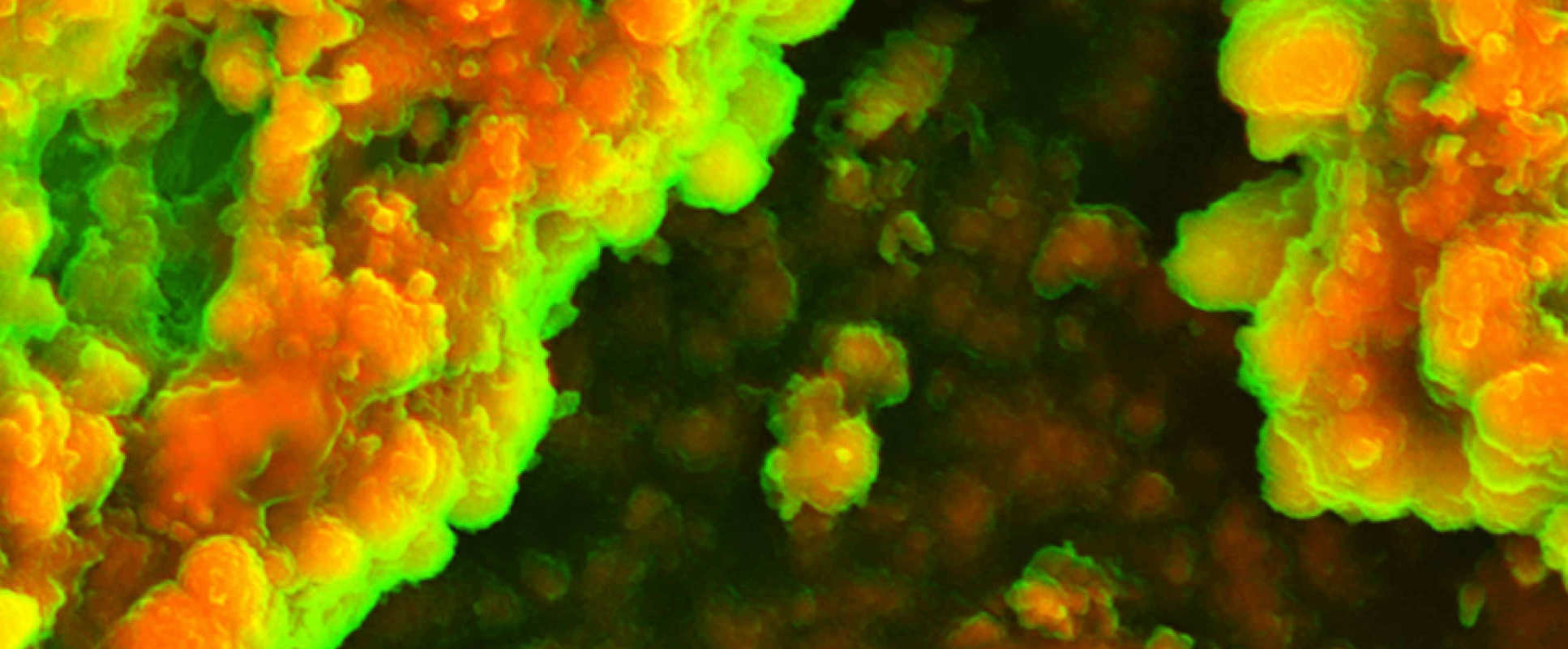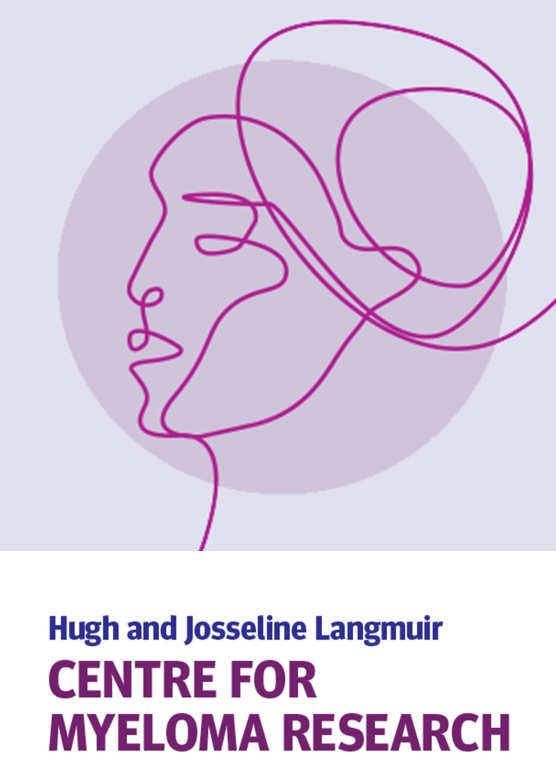BibTex format
@article{Bringhen:2018:10.3324/haematol.2018.191288,
author = {Bringhen, S and Milan, A and Ferri, C and Wäsch, R and Gay, F and Larocca, A and Salvini, M and Terpos, E and Goldschmidt, H and Cavo, M and Petrucci, MT and Ludwig, H and Auner, HW and Caers, J and Gramatzki, M and Boccadoro, M and Einsele, H and Sonneveld, P and Engelhardt, M},
doi = {10.3324/haematol.2018.191288},
journal = {Haematologica},
pages = {1422--1432},
title = {Cardiovascular adverse events in modern myeloma therapy - incidence and risks. A review from European Myeloma Network (EMN) and Italian Society of Arterial Hypertension (SIIA)},
url = {http://dx.doi.org/10.3324/haematol.2018.191288},
volume = {103},
year = {2018}
}
RIS format (EndNote, RefMan)
TY - JOUR
AB - Cardiovascular disease in myeloma patients may derive from factors unrelated to the disease (age, diabetes, dyslipidemia, obesity, prior cardiovascular diseases), related to the disease (cardiac AL-amyloidosis, hyperviscosity, high-output failure, arteriovenous shunting, anemia, renal dysfunction) and linked to antimyeloma treatment (anthracyclines, corticosteroids, alkylating agents, immunomodulatory drugs, proteasome inhibitors). An accurate knowledge of cardiovascular events, effective dose reductions, prevention and management of early and late cardiovascular side effects of chemotherapeutic agents are essential in current clinical practice. Myeloma experts are obliged to carefully balance drugs' efficacy and toxicity for each individual patient. This review summarizes current data and novel insights on cardiovascular adverse events of today's antimyeloma treatment, focusing on carfilzomib, which is the starting point to develop consensus recommendations on preventing and managing cardiovascular side effects in myeloma patients.
AU - Bringhen,S
AU - Milan,A
AU - Ferri,C
AU - Wäsch,R
AU - Gay,F
AU - Larocca,A
AU - Salvini,M
AU - Terpos,E
AU - Goldschmidt,H
AU - Cavo,M
AU - Petrucci,MT
AU - Ludwig,H
AU - Auner,HW
AU - Caers,J
AU - Gramatzki,M
AU - Boccadoro,M
AU - Einsele,H
AU - Sonneveld,P
AU - Engelhardt,M
DO - 10.3324/haematol.2018.191288
EP - 1432
PY - 2018///
SN - 0390-6078
SP - 1422
TI - Cardiovascular adverse events in modern myeloma therapy - incidence and risks. A review from European Myeloma Network (EMN) and Italian Society of Arterial Hypertension (SIIA)
T2 - Haematologica
UR - http://dx.doi.org/10.3324/haematol.2018.191288
UR - https://www.ncbi.nlm.nih.gov/pubmed/30049825
UR - http://hdl.handle.net/10044/1/61671
VL - 103
ER -

